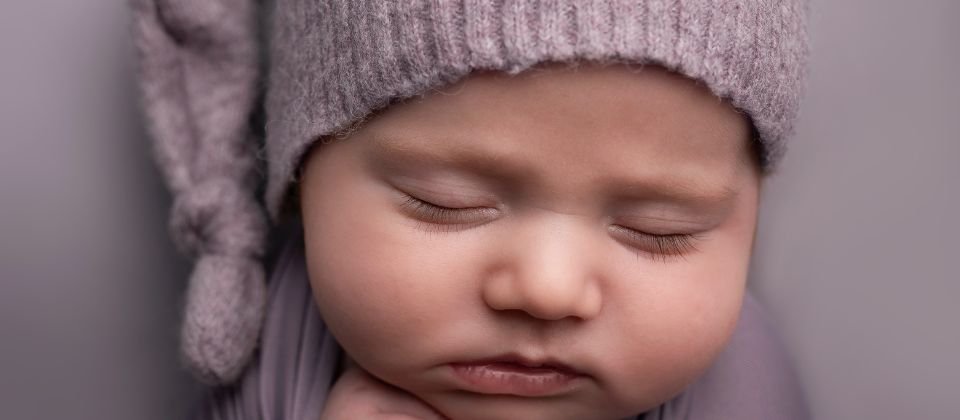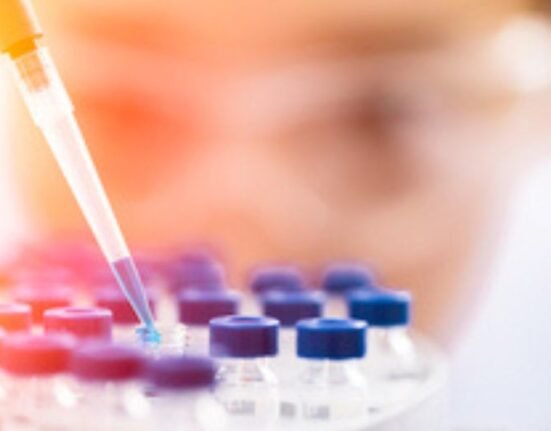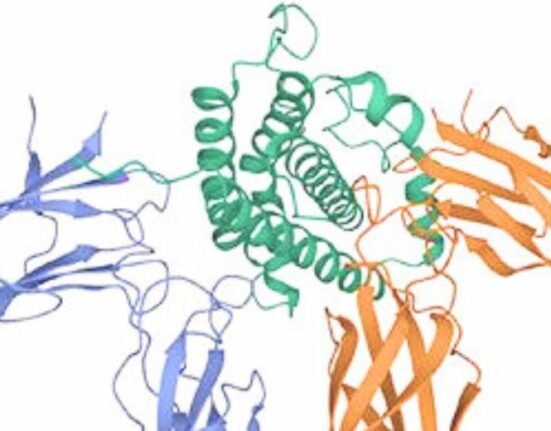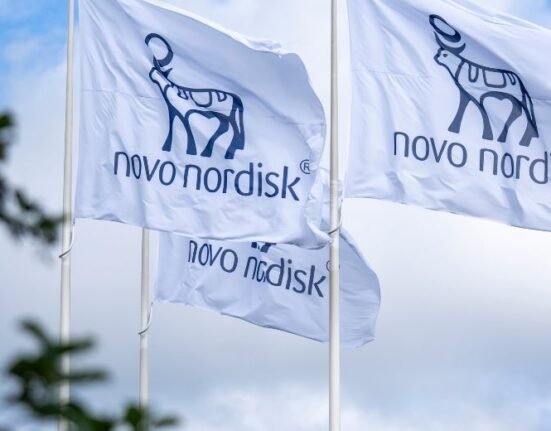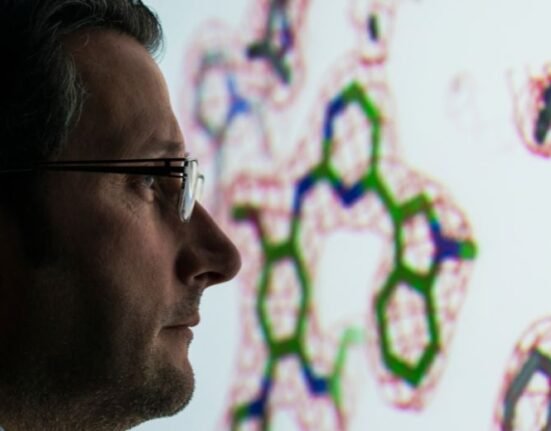HQ Team
June 9, 2023: An advisory committee of the USFDA has given a “favourable benefit-risk profile” for Sanofi and AstraZeneca’s experimental drug nirsevimab, meant to treat lower respiratory tract disease in newborns, according to a statement from the Paris-based firm.
The U.S. Food and Drug Administration Antimicrobial Drugs Advisory Committee voted unanimously on the benefit for newborns while there were two dissensions on the risk profile for children up to 24 months of age.
If approved, nirsevimab would be the first immunization specifically designed to protect all infants through their first respiratory syncytial virus (RSV) season, including those born healthy at term or preterm, or with specific health conditions that make them vulnerable to RSV disease.
A single dose would be administered at the beginning of the RSV season or at birth for those born during the RSV season.
Expedite review
The FDA accepted the Biologics License Application for nirsevimab in 2022 and the agency has indicated it will work to expedite its review.
The Prescription Drug User Fee Act date is slated for the third quarter of 2023. If approved by then, nirsevimab will be available in the US before the 2023-2024 RSV season.
The advisory committee based its recommendation on nirsevimab’s clinical development program involving three pivotal late-stage clinical trials, including results from the phase 3 trial recently published in the New England Journal of Medicine.
Across all clinical endpoints, a single dose of nirsevimab demonstrated high and consistent efficacy against RSV LRTD sustained through the entire RSV season, according to the statement.
The committee’s recommendation, while not binding, will be considered by the FDA during its review of the Biological License Application for nirsevimab.
Contagious virus
According to the Centers for Disease Control and Prevention, RSV is a contagious virus that can lead to serious respiratory illness in infants.
The symptoms can include runny nose, coughing, sneezing, fever, decrease in appetite, and wheezing. Two out of three infants are infected with RSV during their first year of life and almost all infants are infected by their second birthday.
In the US, RSV is the leading cause of hospitalization in infants under 12 months, averaging 16 times higher than the annual rate for influenza.
About 75% of infants hospitalized for RSV are born healthy and at term with no underlying conditions. Each year in the US, there are an estimated 590,000 RSV disease cases in infants under one requiring medical care.
Dr William Muller, Associate Professor, Pediatrics at the Northwestern University Feinberg School of Medicine, said RSV remained the most common cause of bronchiolitis and pneumonia in infants.
“The inability to predict which infants will develop severe RSV disease leads to uncertainty for new parents and for physicians.
“The innovation of nirsevimab as a long-acting antibody that can be conveniently administered to a broad infant population with a single dose at the time protection is most needed is a significant public health advancement that could have far-reaching impact on the well-being of our families and healthcare systems in the US,” he said.


